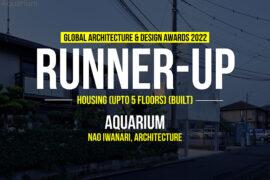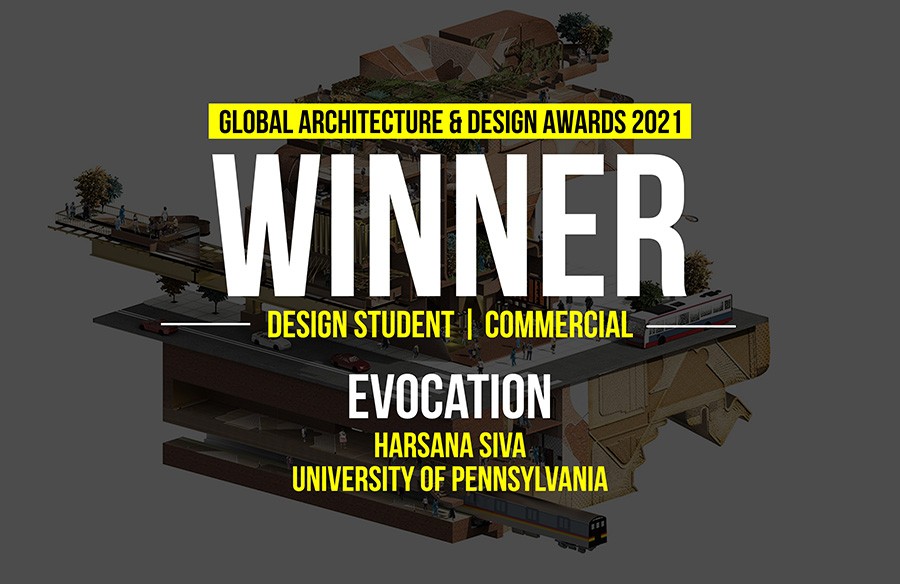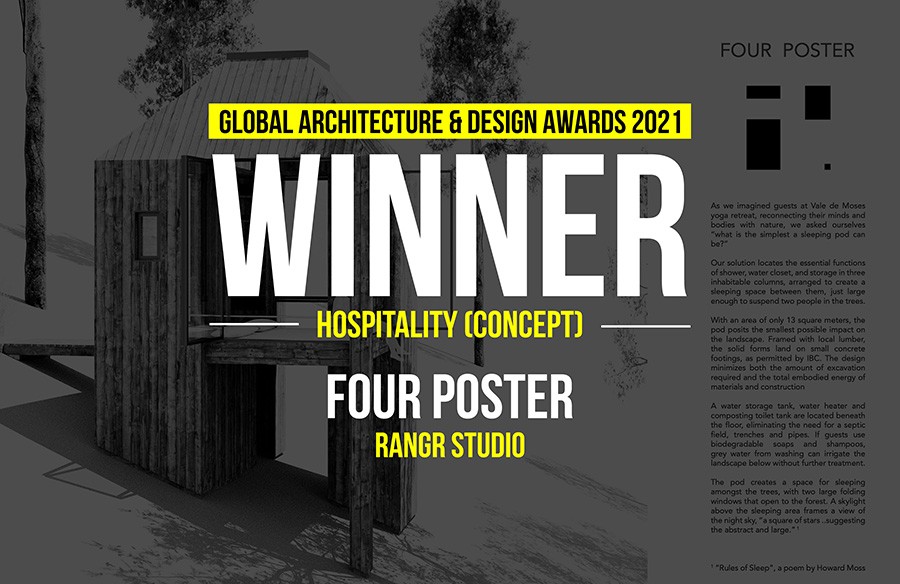Set in the harsh high desert of California, Sawmill is a family retreat embedded into the tough, scrubby landscape. Sawmill harnesses the challenges and opportunities of its remote site, emphasizing sustainable strategies and reclaimed materials. Demonstrating that high design can also be high performance, Sawmill is a net-zero home that operates completely off the grid.
QUOTES:
“It is my belief that architecture should be responsive to its site and give to rather than take from its surroundings, and this net-zero project exemplifies that. I am grateful to our client for inviting me to work on Sawmill and for having such ambitious goals for building performance and sustainability.”
–Tom Kundig, FAIA, RIBA, Design Principal
“I believe that smaller projects and micro details present opportunities for quickly testing ideas – both poetic and technical – on how to create an architecture that relates to its context and connects people to place. Sawmill exemplifies this.”
–Tom Kundig, FAIA, RIBA, Design Principal
Architects: Olson Kundig
Completed: 2014
Project Size: 4,170 SF
Project Team: Tom Kundig, FAIA, RIBA, Design Principal; Elizabeth Bianchi Conklin, AIA, LEED® AP BD+C, Project Manager
Contractor: Bruce Shafer (client)


The client brief called for a self-sufficient home that maximized connection between architecture and nature, and between family members inside. Riffing on the tradition of tents around a campfire, the house is comprised of three wings connected by the central hearth in the living area. Here, a 12-by-26-foot window wall retracts with the turn of a wheel, transforming the outdoor patio into the fourth “tent” around the fire.

Tough as nails, Sawmill is made from durable materials that can withstand the harsh climate, where fires are a major hazard in summer and winters are extremely cold. The design approach was driven by a scavenger mentality, seeking always to do more with less, including using salvaged and recycled materials whenever possible.


Carefully sited to minimize disturbance to its remote environment, Sawmill acknowledges that while the desert is harsh, it is also fragile. Historically, the valley had been used for mining, ranching and logging – hence the name “Sawmill.” Recognizing this past exploitation of the site, the homeowners wanted their house to give back to the land, rather than take from it. Sawmill stands as a testament to high design as an environmental ethic – a building that connects people to place.


Tough as nails, this 4,200 SF concrete block, steel and glass home is designed to stand up to the severe climate of the fire-prone Tehachapi Mountains. Demonstrating that high design can also be high performance, Sawmill is a net-zero home that operates completely off the grid.


OLSON KUNDIG is a Seattle-based design practice founded on the ideas that buildings can serve as a bridge between nature, culture and people, and that inspiring surroundings have a positive effect on people’s lives. Led by five owners, the firm’s work can be found across the globe, with projects as wide ranging as huts to high rises, homes—often for art collectors—to academic, cultural and civic projects, museums and exhibition design, places of worship, creative production, urban design and interior design.
www.olsonkundig.com
TOM KUNDIG is an owner and design principal of Seattle-based Olson Kundig. Since joining the firm in 1986, Kundig has received some of the world’s highest design honors, including a National Design Award in Architecture from the Cooper Hewitt Smithsonian Design Museum and an Academy Award in Architecture from the American Academy of Arts and Letters. In 2016, he was elected to the National Academy as an Academician in Architecture. Kundig is known for his elemental approach to design where rugged materials are left in raw or natural states to soften over time with exposure to the elements – and to human touch.






